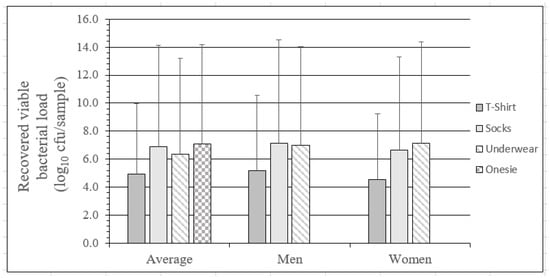Microorganisms and Their Incredible Potential to Face Societal Challenges
A topical collection in Microbiology Research (ISSN 2036-7481).
Viewed by 3689Editor
Interests: microbiology; biotechnology; specialized metabolites; fermentations; pigments
Special Issues, Collections and Topics in MDPI journals
Topical Collection Information
Dear Colleagues,
There are billions of microorganisms on Earth, and they have been around for a very long time. Humans rely on microorganisms’ capacities in many aspects of their daily life. Indeed, microbes are well known for their abilities to improve our nutrition through increasing the digestibility of foods or through the production of vitamins. They are also fully involved in depollution processes and in the production of natural medicines as antibiotics or anticancer agents, and they even participate in the esthetic dimension of life with the synthesis of colored molecules. This is mainly due to their incredible capacities of adaptation and biotransformation, which are based on their great genetic potential and diverse biosynthetic pathways. A societal evolution toward a sustainable circular bioeconomy is underway. Thus, we have the duty to enlarge our knowledge on the potentialities of the microbial world and on how microbes can help to address the various urgent problems society is currently facing. Therefore, studies concerning innovative microbial biotechnologies, novel microbial biosynthesis pathways, or the bioproduction of original molecules are of great interest in this Topical Collection.
Dr. Mireille Fouillaud
Collection Editor
Manuscript Submission Information
Manuscripts should be submitted online at www.mdpi.com by registering and logging in to this website. Once you are registered, click here to go to the submission form. Manuscripts can be submitted until the deadline. All submissions that pass pre-check are peer-reviewed. Accepted papers will be published continuously in the journal (as soon as accepted) and will be listed together on the collection website. Research articles, review articles as well as short communications are invited. For planned papers, a title and short abstract (about 100 words) can be sent to the Editorial Office for announcement on this website.
Submitted manuscripts should not have been published previously, nor be under consideration for publication elsewhere (except conference proceedings papers). All manuscripts are thoroughly refereed through a single-blind peer-review process. A guide for authors and other relevant information for submission of manuscripts is available on the Instructions for Authors page. Microbiology Research is an international peer-reviewed open access quarterly journal published by MDPI.
Please visit the Instructions for Authors page before submitting a manuscript. The Article Processing Charge (APC) for publication in this open access journal is 1600 CHF (Swiss Francs). Submitted papers should be well formatted and use good English. Authors may use MDPI's English editing service prior to publication or during author revisions.
Keywords
- bacteria
- fungi
- microalgae
- virus
- fermentation
- biotransformation
- biotechnologies
- specialized metabolite
- secondary metabolite
- enzyme
- genetic
- metabolomic






